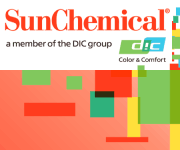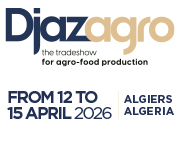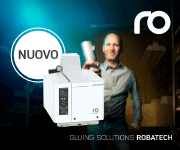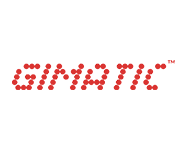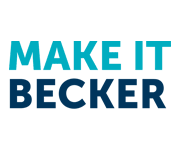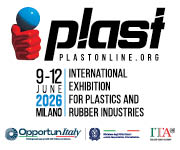Personalised medicine imposes complex requirements on pharmaceutical packaging
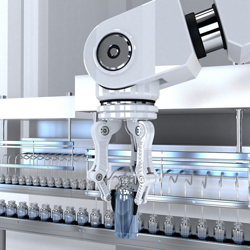
Pharmaceutical companies are currently working hard on research into highly complex biologics and other special medications for personalised medicine. These new treatments are intended to help patients receive individualised treatment and at the same time make the health system more efficient. Personalised medicines are based above all on modern diagnostics and gene therapy. This trend cannot be put into practice without intelligent packaging processes. To be able to fill and pack personalised medicines, packaging systems need to be able to reliably handle small batch sizes. The smaller batches necessitate a high degree of flexibility in the entire process chain. In this context, the industry is pinning its hopes on digital solutions and automation.
Digitalisation as key technology
In the case of a lot of personalised treatment concepts, a small amount of a specific medicine has to be filled in the form of a specific dose, sometimes for just one particular patient. As well as having to produce smaller batch sizes efficiently, pharmaceutical companies often also have to switch between batches. As a result, the safety and efficiency of processes are becoming important. This is necessary due to the greater variety of products, which increases the complexity of the production process. For example, each product has to be suitably filled and packed and in the process associated with an individual dataset. This can be done, for example, with the help of intelligent packaging. As well as communicating with the consumer, smart packaging can also exchange information with the packaging machine during the production process, e.g. by using a barcode or data matrix code to tell the machine which content has to be introduced into the container.
Security and safety during production
Personalised medicine could result in the products being delivered directly to the patient. For example, medicines are often supplied in pre-filled syringes or medical devices and designed to be self-administered. These sensitive products, especially biological medicines, need stable temperature and humidity conditions. The shippers also have to monitor temperature and humidity using special technologies to make sure that the quality of a product has not been impaired. One solution for temperature monitoring is to install RFID chips on or in the packaging. As active protection for the product, transport packaging can also be given insulating or cooling properties. Another important aspect of personalised medicine is to guarantee occupational safety, because it must be reliably ensured that workers cannot come into contact with these highly active substances during the filling and packaging process. When working with genetically modified organisms (GMO), a closed working environment is absolutely essential. Personalised products present greater challenges in respect of manufacture and filling as well as primary packaging.
Automation reduces errors
As a response to these requirements, filling and packaging processes have come under the spotlight. Automated manufacturing platforms reduce the need for human intervention and increase process reliability and work safety. In addition, they ensure precise recording and documentation of all process steps, which is indispensable in the context of traceability and serialisation. These concepts also have a crucial impact on the success of a company’s strategy to develop more flexibility. Pharmaceutical companies are therefore looking for filling and packaging platforms that allow the handling of different forms of packaging, ranging from glass and plastic syringes to vials and applicators.
Security of supply in the corona era
In the corona crisis, packaging is playing an important role in helping to supply people with food, medicines and PPE. And more than ever, its most important characteristic – its protective function – is coming to the fore. Without suitable packaging, none of these essential supplies would reach the market or the patient. Packaging ensures that the population is supplied with safe medicines, disinfecting agents, other medical products and food. Particularly in times of crisis, the product protection itself protects resources and prevents valuable products from being damaged or spoiled.
Source: FachPack
Read the full article on Rassegna Grafica


